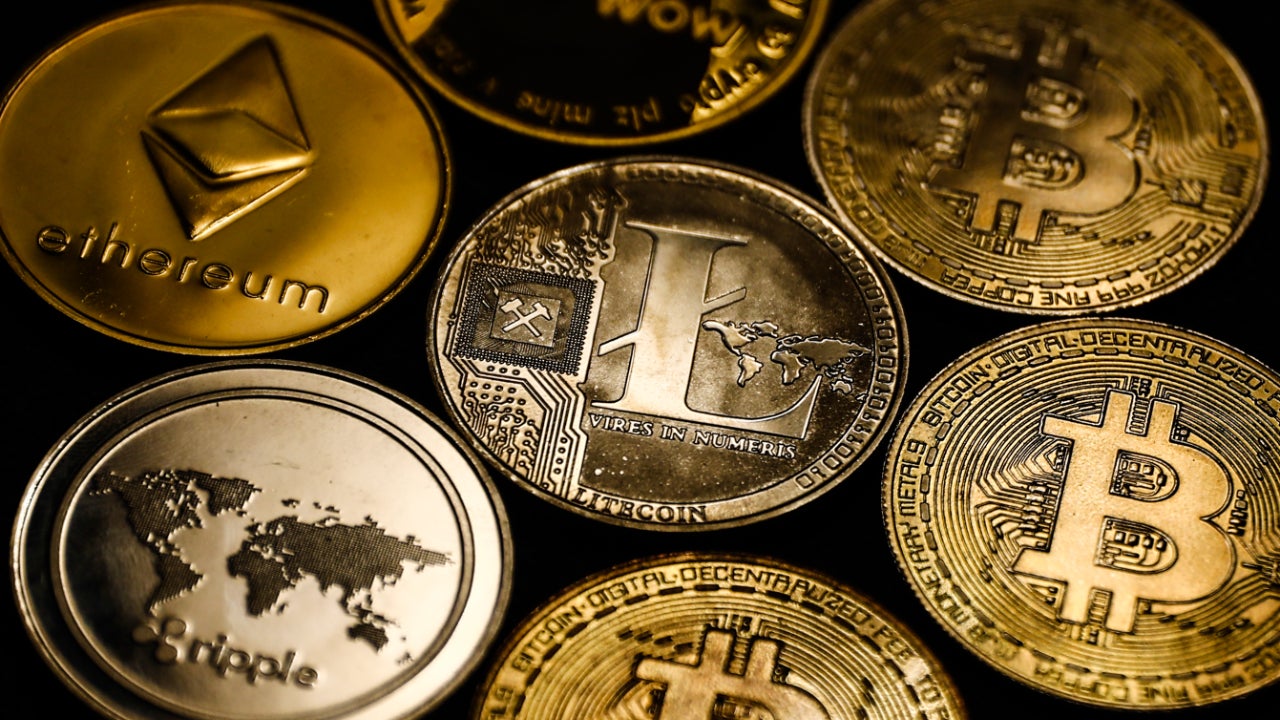What does the currency circle public chain mean?
- 王林Original
- 2024-07-24 17:57:011122browse
Public chains are open and permissionless blockchains that allow anyone to create applications or issue digital assets. Its features include: decentralization, anonymity, programmability, and transparency. Common public chains include Bitcoin, Ethereum, Binance Smart Chain, and Cardano. Public chains are widely used in the issuance of digital assets, supply chain management, DeFi, decentralized application development and other fields. Its advantages are decentralization, transparency, programmability and interoperability.

What is the currency circle public chain?
Public chain is a type of blockchain technology that allows anyone to create and deploy applications or issue their own digital assets on it. Unlike private or consortium blockchains, public blockchains are open to everyone and can be used without permission.
Main features of the public chain:
- Decentralization: The public chain is maintained by a network of nodes distributed around the world, rather than controlled by a single entity.
- Anonymity: Users can stay anonymous and protect their privacy using encryption technology on the public chain.
- Programmability: The public chain supports smart contracts, allowing developers to create custom applications on the chain.
- Transparency: All transactions and data on the public chain are public and cannot be tampered with.
Types of public chains:
There are many different public chains, each with its own unique characteristics and advantages. Some common public chains include:
- Bitcoin: The first public chain for creating and managing the Bitcoin cryptocurrency.
- Ethereum: A popular public chain that supports smart contracts and decentralized application development.
- Binance Smart Chain: A public chain powered by Binance exchange that focuses on fast transactions and low fees.
- Cardano: A public chain that uses a proof-of-stake consensus mechanism, focusing on scalability and security.
Uses of public chains:
Public chains are widely used in various fields such as finance, supply chain management, and decentralized Internet. Its main uses include:
- Digital Asset Issuance: Issue and manage cryptocurrencies, stablecoins and other digital assets.
- Decentralized Finance (DeFi): Provides decentralized lending, borrowing and trading services.
- Supply Chain Management: Track and manage goods and materials in the supply chain.
- Decentralized Applications (dApps): Develop and deploy applications that do not rely on centralized platforms.
Advantages of public chain:
- Decentralization: Eliminate the risk of single point failure and improve security.
- Transparency: Provides high transparency of transactions and data, building trust.
- Programmability: Support the development of innovative applications and services.
- Interoperability: Allows different public chains to communicate and exchange data with each other.
The above is the detailed content of What does the currency circle public chain mean?. For more information, please follow other related articles on the PHP Chinese website!

